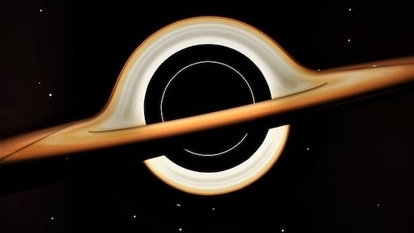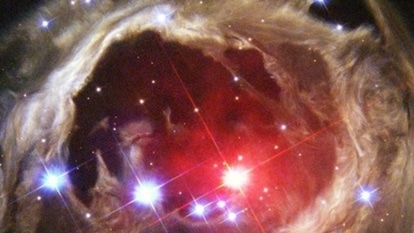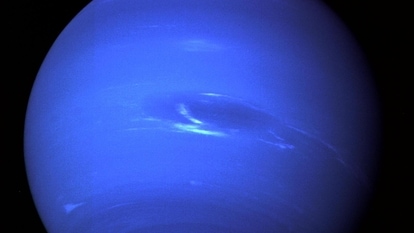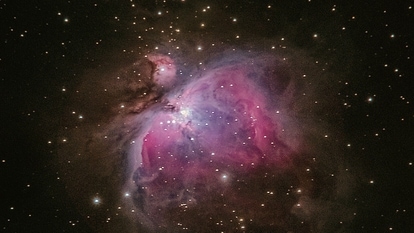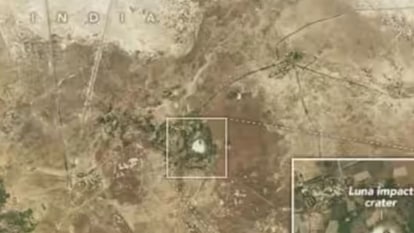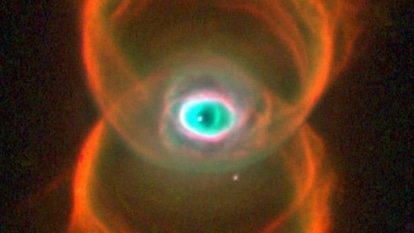NASA James Webb Space Telescope snaps its first Mars photo; it's awesome, just check it out.
Nasa James Webb Space telescope has captured a never before seen image of the Mars. It is simply memerising.
_(1)_1663668399108_1663668414882_1663668414882.jpg)
NASA James Webb Space Telescope, the tech marvel out cruising a million miles from Earth around the Sun's orbit, has yet again left people astonished with some incredible images of the planet Mars. The telescope shared its first ever images and spectra of Mars on September 5. The US space agency has showcased the images in an official blog today. As tweeted by NASA, one of the close-up images of the Martian surface gives details about the Huygens Crater, dark volcanic Syrtis Major and Hellas Basin. “The telescope, an international collaboration with ESA (European Space Agency) and CSA (Canadian Space Agency), provides a unique perspective with its infrared sensitivity on our neighbouring planet, complementing data being collected by orbiters, rovers, and other telescopes,” wrote Nasa.
According to NASA, James Webb Telescope's unique observation provides a view of Mars' observable disk i.e, the portion of the sunlit side facing the telescope. And hence, it has captured images and spectra with the spectral resolution required to study short-term phenomena like dust storms, weather patterns, seasonal changes, as well as, processes that occur during daytime, sunset, and nighttime of a Martian day.
The James Webb Telescope Camera
The first images of Mars were captured by using Webb's Near-Infrared Camera (NIRCam) showing a region of the planet's eastern hemisphere at two different wavelengths or colours of infrared light.
Another image was captured by the NIRCam shorter-wavelength (2.1 microns. It is dominated by reflected sunlight, and hence, reveals surface details. The image clearly displays the rings of the Huygens Crater, the dark volcanic rock of Syrtis Major, and brightening in the Hellas Basin.
The third image is captured by the NIRCam longer-wavelength (4.3 microns) image [lower right] that shows thermal emission – light given off by the planet as it loses heat.
According to NASA, these observations of Mars were conducted as part of Webb's Cycle 1 Guaranteed Time Observation (GTO) solar system program led by Heidi Hammel of AURA.
Catch all the Latest Tech News, Mobile News, Laptop News, Gaming news, Wearables News , How To News, also keep up with us on Whatsapp channel,Twitter, Facebook, Google News, and Instagram. For our latest videos, subscribe to our YouTube channel.



